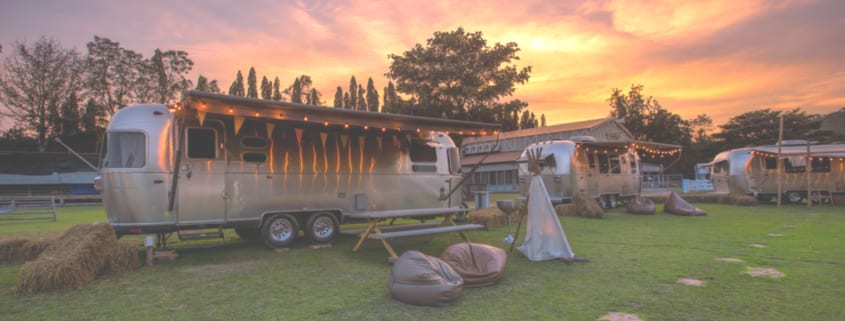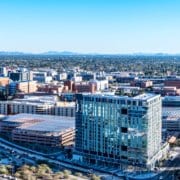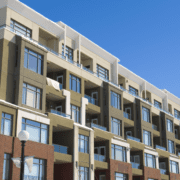Investing Outside the Box: Alternative CRE Investment Opportunities
With competition in the commercial real estate industry becoming more intense than ever, many firms are looking for alternative real estate investment opportunities. Multifamily, retail, office, industrial, and hotel are the five traditional commercial real estate property types that investment dollars are funneled into. But with rising pricing due to competition, big returns are increasingly harder to come by. For that reason many firms are starting to think outside the box. Continue reading below to learn about some of the alternative investment opportunities being taken advantage of today!
Fun fact: Commercial Real Estate was once itself considered an alternative investment.
RV and Mobile Home Parks:
Trailer parks are an unusual but lucrative investment that has appealed to some of the country’s most high-profile investors, including Warren Buffet. Commercial real estate groups are now purchasing entire mobile home parks, which they then lease to mobile home owners. There are many perks to this investment opportunity. The cost per unit and cost of repairs and maintenance are lower than a traditional multifamily property. Since most mobile home park owners own the land, but the housing units themselves are owned and maintained by the resident, the cost of the investment is usually going to be a lot lower when compared to number of units owned. And by not owning the actual homes, park upkeep is the only maintenance expense the park owner is on the hook for.
Some groups, like Mesa Lane Partners in California, are getting even more creative with RV parks. AutoCamp is a unique project that started as an initiative to simply increase income on an investment property, but it soon took on a life of its own. Mesa Lane Partners has been able to take the glamping (glamour camping) trend to new heights. In their words, “Autocamp revolutionized alternative lodging by thoughtfully blending the traditional camping experience with the elegance of a luxury boutique hotel”. Guests stay in fully refurbished and custom designed Airstream trailers.
Farms:
When you think of the future of real estate investing, farms may not immediately jump to mind. But in recent years, farm land has taken a backseat to modern assets like office buildings and apartment complexes. According to NREI, “Everything old becomes new again, and it looks like [farms] are coming back in vogue with Gladstone Land Corp. becoming one of the first publicly traded farmland REITs last year.” Companies like Gladstone offer various options for farmers once they acquire the land such as long-term sale leaseback transactions to the current farmers or flexible farmland lease terms to new farmers.
In addition to the land, companies like Gladstone will also purchase farm support facilities such as storage, processing plants, packaging plants, and distribution centers. This structure allows them to add efficiencies and cost savings to the farming to distribution process, thereby maximizing profits.
Senior Housing:
Demand for senior housing will inevitably increase in the coming years. Adult living communities, assisted living facilities, and nursing homes will all be in high demand in the coming decades as the Baby Boomer generation continues to age. According to an article written by GlobeSt.com’s Jennifer LeClaire, “A 2016 report published by the Federal Reserve Bank of Atlanta implies that the seniors housing and healthcare real estate sector is in its nascent stage with room for growth for all investors, including institutional and large national portfolio owners/operators to regional owners/operators and not-for-profit investors.” What makes senior housing unique relative to the rest of the multifamily industry is the need for flexible space designs and options that support the special needs of the aging portion of the population. As stated in an AEW Research report, “The number of seniors—people age 75 and older—is expanding at roughly twice the pace of the general population. This will accelerate to three times through 2020 and even faster the following decade.”
In addition to the opportunities above, data centers, student housing, self-storage, and medical office buildings are also all on the rise. There is a lot to be excited about when considering alternative investments in 2018 and beyond. Due to strong economic growth, the opportunities to invest outside of the traditional 5 property types are increasing. Indeed, equity funds and investment managers have tripled their investment in alternative real estate assets classes in the last 5 years.
You may also be interested in Adaptive Reuse: What to do with Vacant Commercial Property











